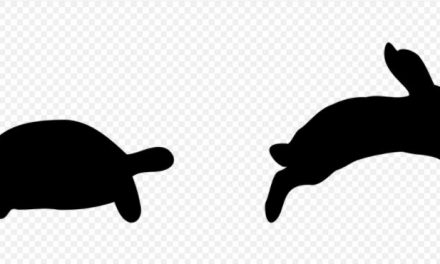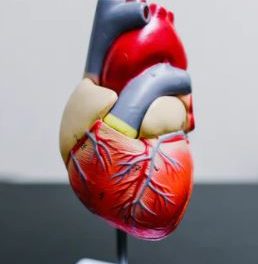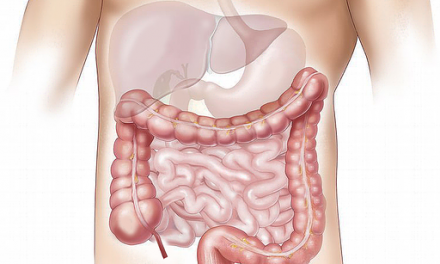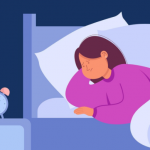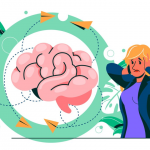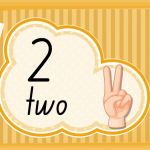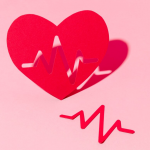We all know how it feels. When our hunger neurons fire in our brain, it’s not a pleasant sensation. Hunger doesn’t feel good, and can make us feel angry, or ‘hAngry’! Evolutionarily speaking, this is a good thing, as it gives us cause to seek out food to survive.
Eating, of course, makes hunger go away and makes us feel better. Interestingly, we often start to feel better as soon as we see or smell food – before we have actually started eating. Think of the relief you feel when you see and smell the spread of food on the table you are about to enjoy, or when your meal order is being bagged up on the other side of the counter.
Alleviating hunger actually occurs on three time scales:
- Immediately following the sight or smell of the food you are about to enjoy;
- More slowly, with the hormones released by your GI tract and organs in response to eating (it takes 10-15 minutes for these to fire up);
- Even more slowly and permanently with restoration of energy balance, mediated by hormones like leptin.
We actually know very little about the first of these three. How can seeing or smelling food relieve hunger if we haven’t actually eaten anything yet?
A fascinating study, published in Nature, sheds some light on this interesting question. In a complex series of studies in mice, the authors identified neurons in the lateral hypothalamus (part of the brainstem) that are activated by sensory cues that predict that food is on its way, which talks to another part of the hypothalamus (dorsomedial), which in turn inhibits AgRP neuronal activity, thereby alleviating the unpleasant aspects of hunger. (There is also an editorial on this study published in the New England Journal of Medicine if you’re keen to read more.)
There are some very interesting points about this system. Note that this effect is temporary. If it is not followed up with food, the hanger will return.
Also fascinating, these studies suggested that this system has a strong learned feature integrated within it. When this system learns that food is going to become available, even before the sight or smell of it, that in itself can temporarily alleviate the hanger (think of pulling up to your home where you know dinner awaits after a long day at work, or walking up to your favorite restaurant).
So: Can we use this knowledge to improve or broaden our weight management treatment strategies? Can we relearn or reteach our response to food cues to help us make healthier food choices or avoid eating to excess? My brain is whirling with ideas of fascinating behavioral strategies we could study, to see if we could find a way to turn down the hanger. Many of my patients taking weight management medication tell me they have not only much less hunger, but also much less ‘hanger’. It’s also interesting to consider whether we could develop additional weight management medications that target the hanger center specifically.
Share this blog post using your favorite social media link below!
Follow me on twitter! @drsuepedersen
www.drsue.ca © 2022


